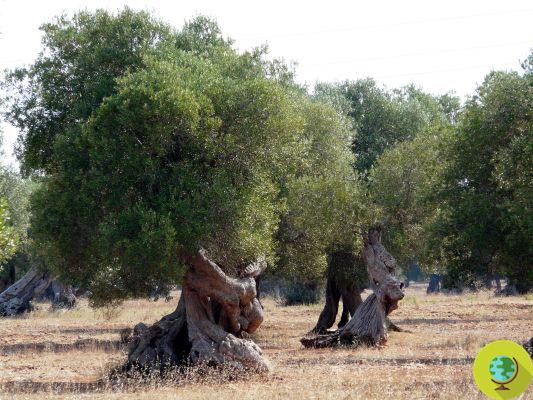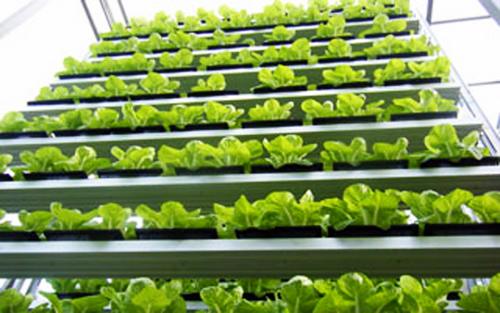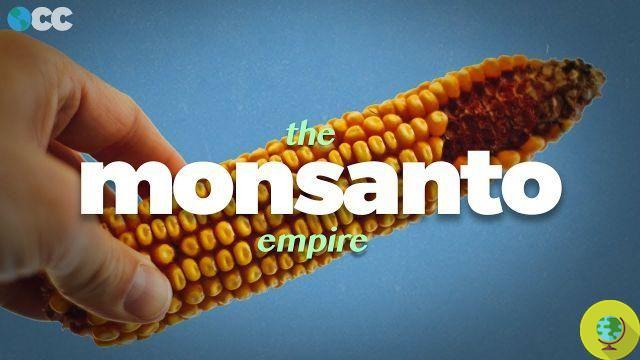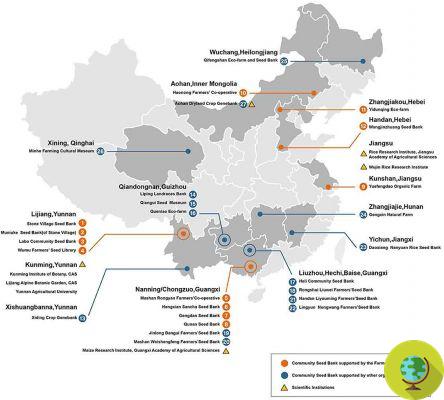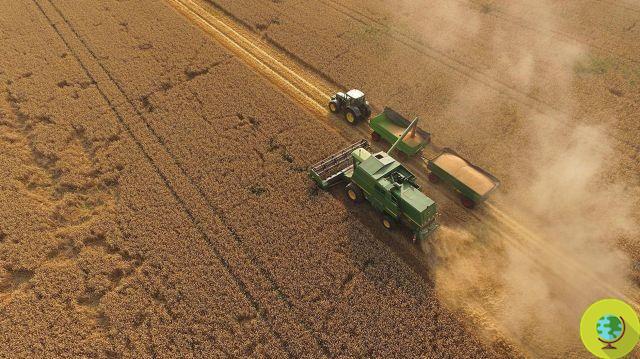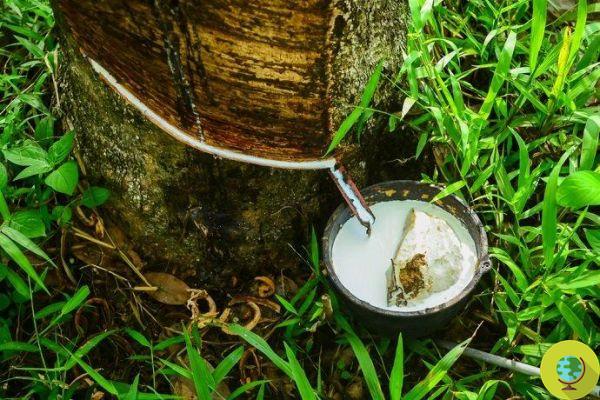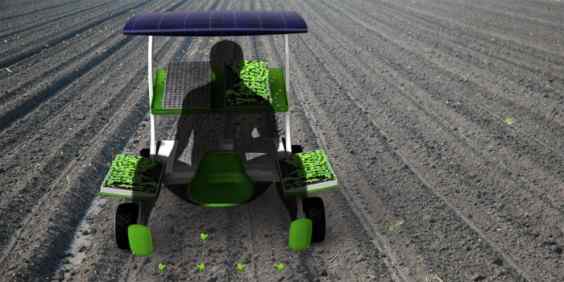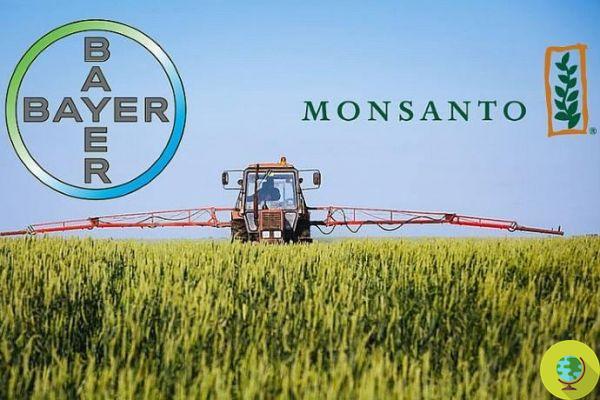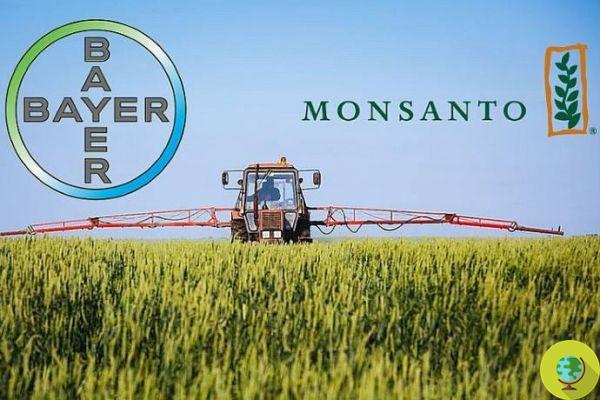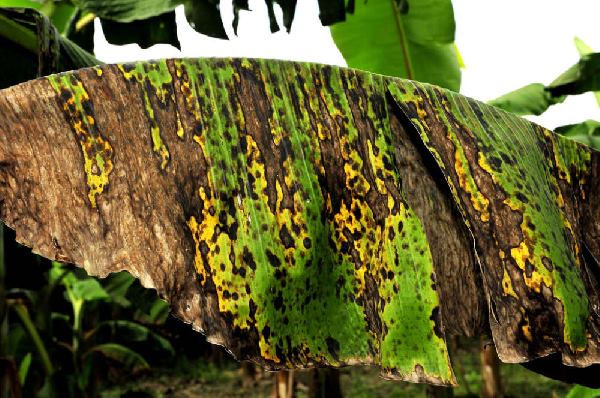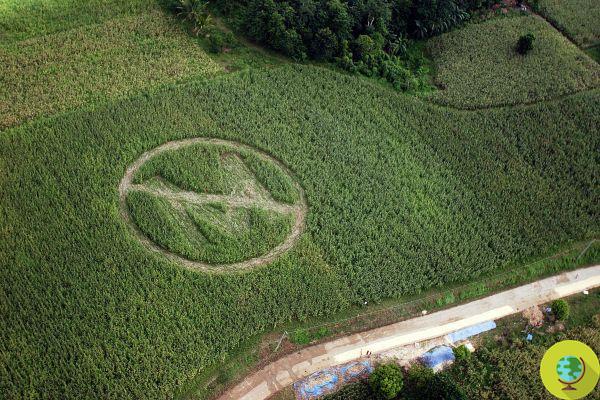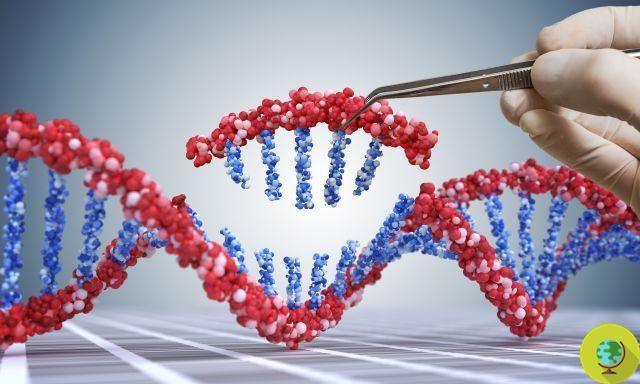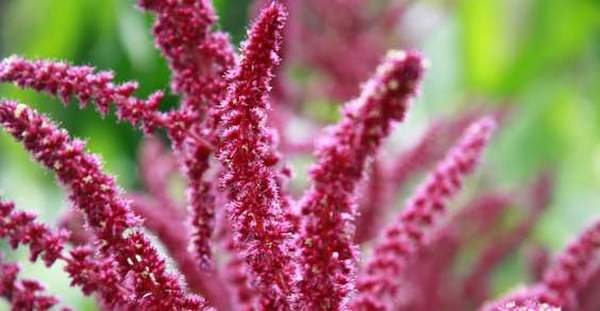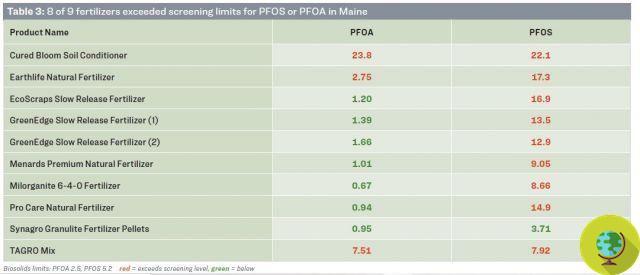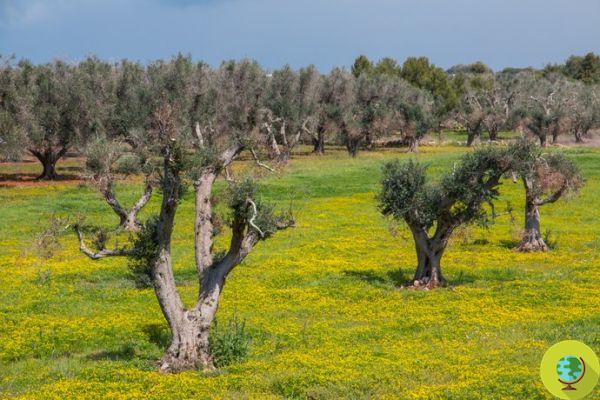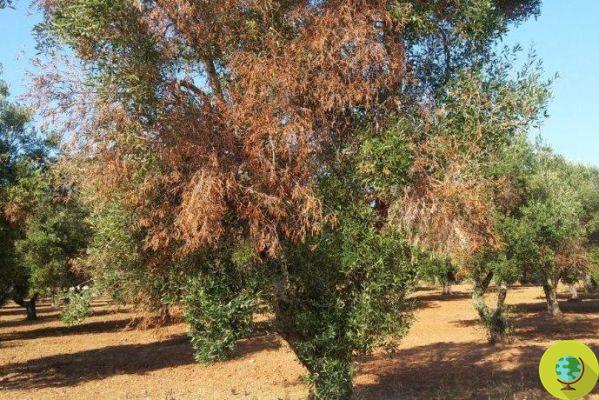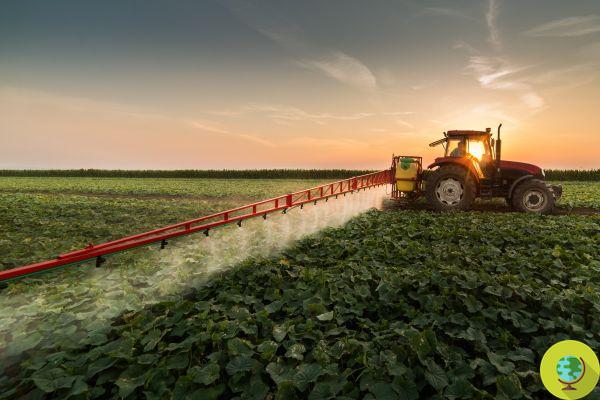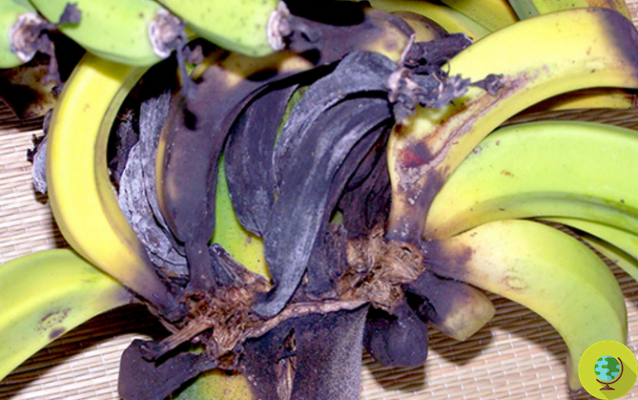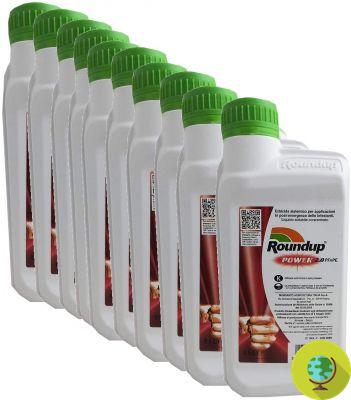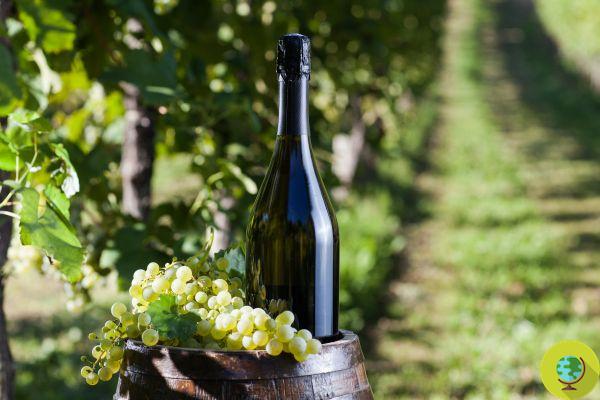
He is about to end up run over, his mother saves him
Prosecco is a very popular wine in our country but, unfortunately, often contaminated by pesticides that are used to ensure that the vines are not attacked by dangerous fungi. For some years, however, a project has been active that aims to support pesticide-free viticulture thanks to the creation of seedlings for the production of prosecco resistant to mildew and powdery mildew.
We are talking about the Gleres project, carried out by Confagricoltura Treviso and Crea-Ve (the Research Center for Viticulture and Oenology, structure of the Council for Research in Agriculture and Analysis of Agricultural Economics).
The goal is to obtain Glera seedlings for the production of prosecco that are resistant to the most harmful fungi that generally attack them. In this way it would be possible to avoid the use of any type of pesticide with obvious advantages for the environment but also for the health of consumers.
We are therefore working on crosses with disease-resistant parents with the aim of producing strong Glera seedlings capable of dealing with the dangerous fungi that attack the vines without external help.
The research, also financed by 17 of the major wineries in the Prosecco area, begins to obtain good results. There is talk of a very high number of successful crosses and the improvement of the protocol useful for carrying out more efficient molecular controls.
The first bunches of grapes, the fruit of these innovative vines, were harvested in September 2020 and will be used to carry out sensory analyzes to evaluate the oenological potential of the plants. Because, in addition to being resistant to fungi, the new vines will also have to produce grapes suitable for making quality prosecco.
“By 2022 we will begin to multiply the most promising seedlings and within a couple of years the producers involved in the project will be able to become protagonists themselves, participating with us researchers in the selection process and testing the best species on their plots. The synergy that has been created with the financing wineries is total, and it will be a great satisfaction to see the results of 6 years of studies translated into tangible products ”declared Riccardo Velasco, director of Crea-Ve.
In short, there is still a bit to wait, but we can't wait to taste this new pesticide-free prosecco.
Sources: Agrifood Today / Quotidiano del Piave
Read also:
- Glyphosate in Prosecco: Conegliano Valdobbiadene prohibits the use of herbicide
- The beautiful Venetian forest cut down to make room for vineyards (and pesticides), despite protests and court cases
- In Conegliano, at the time of the coronavirus, pizza is eaten among the Prosecco vines
- Does glyphosate return to Prosecco after the "absolution" of the EPA?




